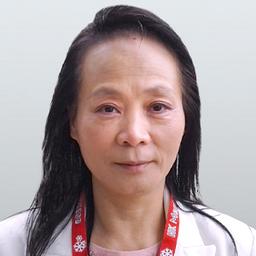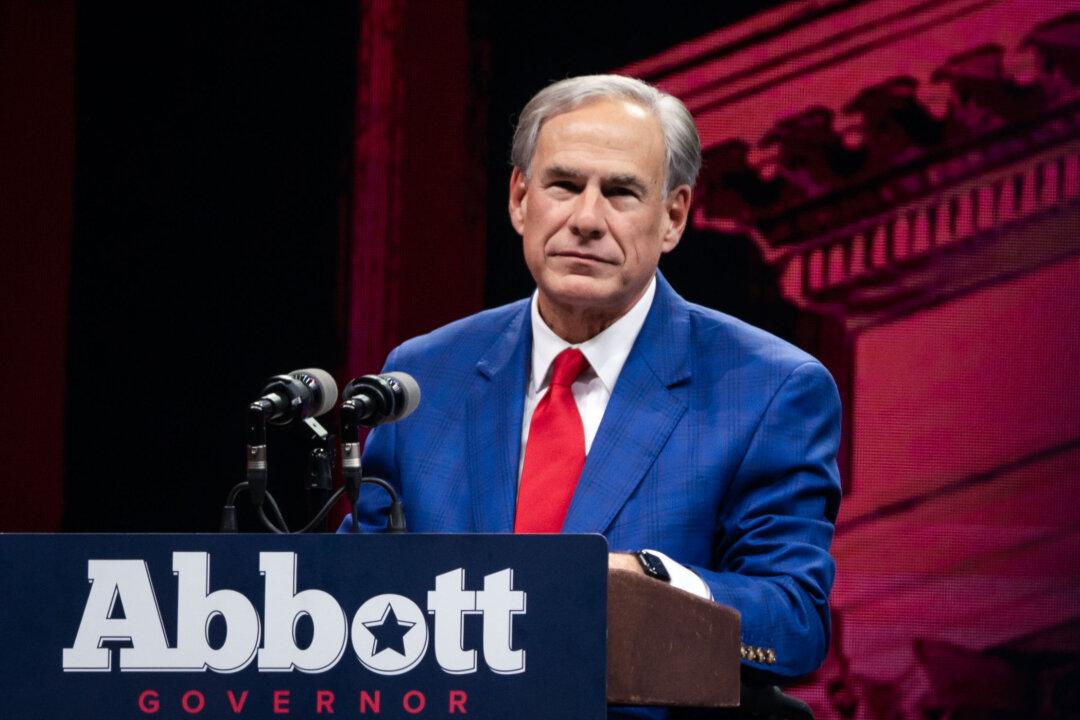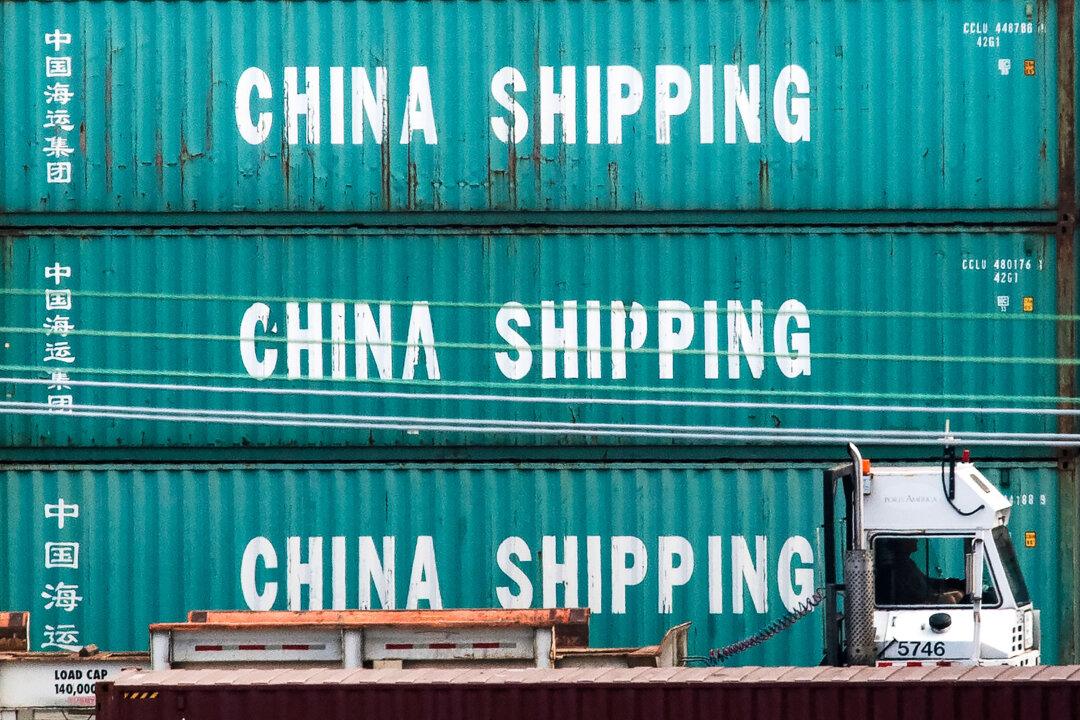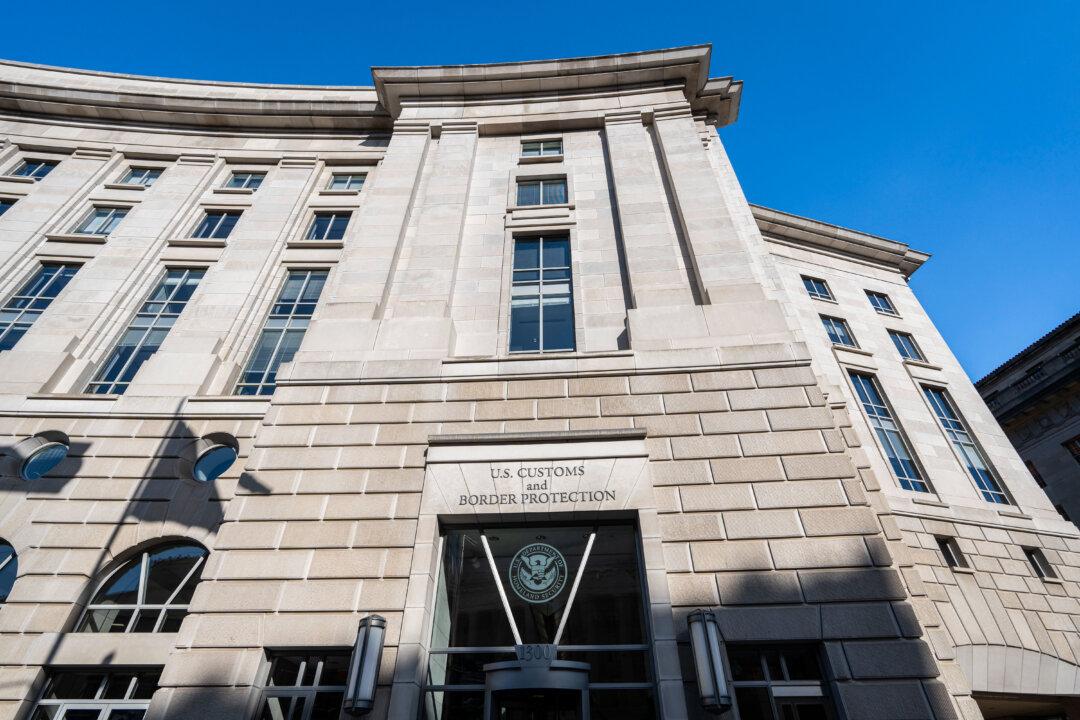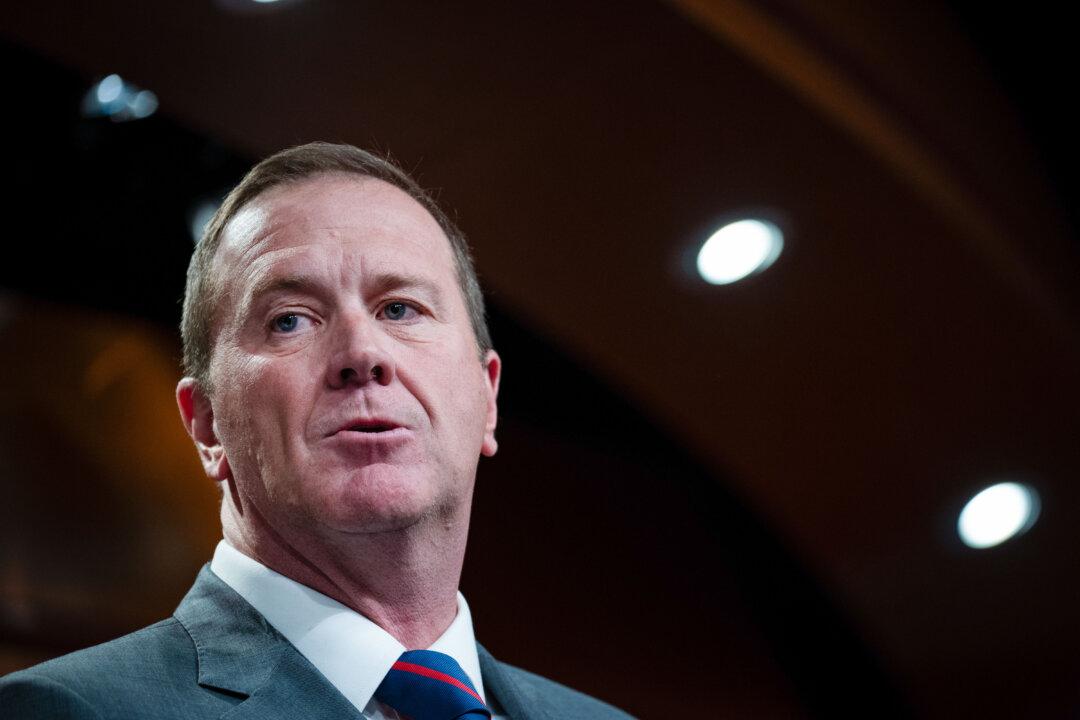The communist regime in China kicked off a major party meeting on Nov. 8, a political event that China experts said has implications for the Sino–U.S. relationship.
The four-day meeting, attended by Party officials from the regime’s powerful Central Committee, is being held in Beijing behind closed doors. It’s a pivotal plenary political gathering ahead of the 20th National Party Congress next autumn, when the regime will usher in a new group of top leaders.
Currently, Chinese leader Xi Jinping is eyeing an unprecedented third five-year term in office after becoming paramount leader in 2012. As a result, the plenary meeting, officially known as the Sixth Plenum, will set the tone for his moves to retain command of the Chinese Communist Party (CCP) and the Chinese military next year.
Two China experts, in separate interviews with The Epoch Times on Nov. 8, explained why the Party meeting is important to the United States.
More importantly, Wang said the meeting will provide some indication of whether CCP officials opposing Xi have a shot at stopping his bid for a third term in power. The chance would be low if Xi could promote his allies in a personnel reshuffle within the party.
Cheng Chin-mo, associate professor and chairman of the Department of Diplomacy and International Relations at Taiwan’s Tamkang University, said the plenary meeting would be important for Washington to draw up its China policy after the 20th Party congress.
On Nov. 8, China’s state-run media Xinhua reported that Xi presented a “work report” and “made explanations” on a draft resolution celebrating the CCP’s achievements in its 100 years of existence, to officials attending the plenary meeting.
The first resolution was promulgated by Mao in 1945 and the second by Deng in 1981.
While the resolution will be debated among CCP officials, it’s widely expected to be adopted before the end of the plenary meeting on Nov. 11. However, Cheng questioned how much of a political boost the resolution would have, considering the Chinese leader is facing a myriad of internal and external problems.
Inside China, Xi must deal with a worsening unemployment situation, soaring commodity prices, and the ripple effects of Chinese companies in financial troubles such as property developer Evergrande, he said.
“Unless Xi can seize absolute control over personnel appointments at the Sixth Plenum, and he also implements drastic reforms after being reelected at the 20th Party congress, I think the future of the Chinese Communist Party may not be optimistic.”


